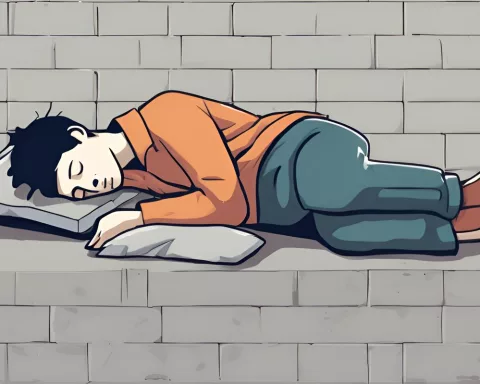The rise in applications reflects a growing commitment to higher education in the Western Cape region of South Africa, where there are four major universities: the University of Cape Town, the University of the Western Cape, Stellenbosch University, and the Cape Peninsula University of Technology. These universities are attracting more applicants each year, with Stellenbosch University receiving a staggering 88,085 applications in 2024 alone. Each university has its own strengths and focuses on providing quality education while prioritizing student welfare.
What are the major universities in Western Cape, South Africa?
Western Cape, South Africa is home to four prominent universities: University of Cape Town (UCT), University of the Western Cape (UWC), Stellenbosch University (SU), and Cape Peninsula University of Technology (CPUT). These institutions attract a large number of applicants each year, with Stellenbosch University reporting 88,085 applications in 2024 alone. Each university has its own unique strengths and focus areas, but all are committed to delivering quality education and ensuring student welfare.
Cultivating Minds at Four Major Universities
Western Cape, South Africa, boasts a vibrant academic environment, accentuated by the presence of four prominent universities. The University of Cape Town (UCT), the University of the Western Cape (UWC), Stellenbosch University (SU), and the Cape Peninsula University of Technology (CPUT) attract a multitude of eager minds each year. A significant increase in applications to these institutions underscores the shifting dynamics towards higher education in the region.
Stellenbosch University, a venerable entity established in 1866, reported an astonishing 88,085 applications for entry-level positions in 2024. However, it could only accommodate approximately 5,600 of them. The faculties of medicine and health sciences, arts and social sciences, and economic and management sciences drew the most significant attention. Despite the immense demand, the university ensures the provision of proper accommodation for its students. Plans are underway to augment the bed capacity by 400 through two new student residences by mid-2024. This initiative demonstrates the university’s commitment to enhancing student welfare.
A Focus on Well-rounded Education and Empowerment
The University of Cape Town, renowned as Africa’s oldest university, garnered 92,841 applications, planning to admit 4,500 first-year students. The Health Sciences faculty was the most popular choice among applicants. UCT’s interim vice chancellor, Emeritus Professor Daya Reddy, underscored the university’s mission to empower students. The institution focuses not only on imparting knowledge but also fostering abilities among students to use that knowledge to cultivate a fair and just society.
The University of the Western Cape, recognized for its active resistance against racial segregation during the apartheid era, anticipates a freshman class of 4,650. The most sought-after courses included law and nursing, demonstrating a diverse interest in the humanities and sciences. To accommodate the influx of students, UWC has forged agreements with private accommodation providers. These arrangements will house the 6,000 applicants needing accommodation, showcasing the university’s adaptability and dedication to student welfare.
Innovation and High Employability at CPUT
Lastly, the Cape Peninsula University of Technology, distinguished by its emphasis on technological innovation and high employability rate, is gearing up to welcome approximately 9,000 freshmen. CPUT prides itself on its high student accommodation rate, with nearly 40% of its students housed in residences. The university’s spokesperson, Lauren Kansley, revealed that they have significantly expanded their student residence offerings in recent years.
The remarkable rise in applications to these universities indicates a heightened commitment to higher education in the Western Cape region. Each institution, leveraging its unique strengths and focus areas, is dedicated to delivering quality education and ensuring student welfare. As these universities gear up to welcome their new batches, the anticipation escalates, promising an intellectually stimulating and vibrant year ahead.
1. What are the major universities in Western Cape, South Africa?
Western Cape, South Africa is home to four prominent universities: University of Cape Town (UCT), University of the Western Cape (UWC), Stellenbosch University (SU), and Cape Peninsula University of Technology (CPUT).
2. How many applications did Stellenbosch University receive in 2024?
Stellenbosch University received an astonishing 88,085 applications for entry-level positions in 2024.
3. What is the University of Cape Town’s mission?
The University of Cape Town focuses not only on imparting knowledge but also fostering abilities among students to use that knowledge to cultivate a fair and just society.
4. What is the University of the Western Cape recognized for?
The University of the Western Cape is recognized for its active resistance against racial segregation during the apartheid era.
5. What is the unique focus of the Cape Peninsula University of Technology?
The Cape Peninsula University of Technology is distinguished by its emphasis on technological innovation and high employability rate.
6. How are the universities accommodating the influx of students?
Each university, including UWC, SU, and CPUT, has forged agreements with private accommodation providers to accommodate the influx of students, showcasing their adaptability and dedication to student welfare. Stellenbosch University is also planning to augment the bed capacity by 400 through two new student residences by mid-2024.












